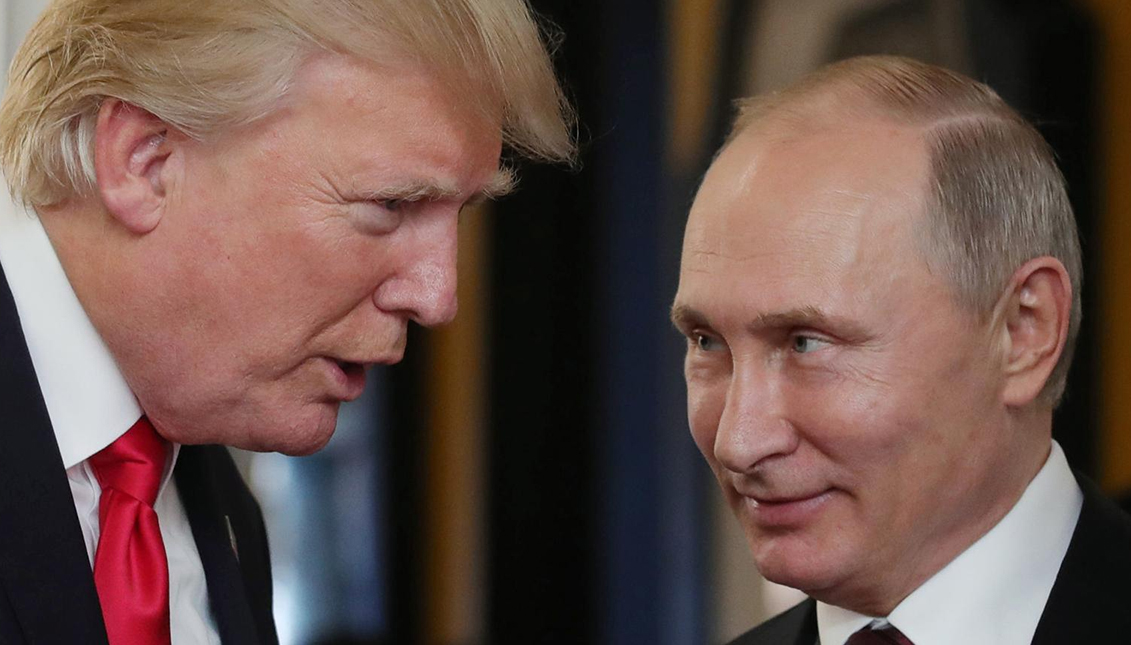
Russia's interference could turn the election into an eternal and chaotic countdown
The ghost of 2016, which gave victory to Trump and unseated Hillary Clinton with the help of a black hand — Putin's — could be repeated this year. But how?
Today is the day of truth for the United States and a tedious, perhaps chaotic, vote count is predicted. Above all because, as the NYT reported at the end of October, echoing the alerts of several US intelligence officials, Russia is planning to intervene in the elections to support President Trump, as it did in 2016.
According to officials, Russia has been hacking into computer networks to gain greater access to the electoral system and provoke disputes over the results, especially in a campaign that has been close, although with an advantage for Democrat Joe Biden, whom Moscow fears that, in case of victory, he could cool down relations between the two countries and distance itself from political corruption — in addition to the fact that Obama's former vice president played an important role in the policy of sanctions against Russia after its annexation of the Crimea.
While there is no evidence for the moment that the Russians have changed any vote counts, chaos could ensue if neither candidate claims to be president tonight, starting a war of misinformation and accusations that would give Trump the excuse to claim that the elections were "rigged" by the Democrats.
According to the expert on foreign electoral interference and author of Meddling in the Ballot Box, Don Levin, partisan interventions in the electoral processes of other countries are quite common and have been happening since pre-modern times, with the appointment of Popes and Kings.
But as far as the relationship between Russia and the United States is concerned, these interferences have occurred dozens of times since the end of World War II, although only rarely, when an error occurs as it did in 2016, do they come to light.
But why does a foreign government want to interfere in another country's elections?
The first reason is that the other power believes that one of the candidates or parties poses a threat to its interests; the other, because one of the parties needs this help and wants to pay the price — this usually happens in secret and if the ruse is discovered, it can cost a party to lose its disgruntled voters in the next election, or even a financial penalty.
RELATED CONTENT
However, after Russia's corrupt interference scheme to damage Clinton's image was exposed in 2016 with the release of a CIA, FBI and NSA joint report, little to nothing happened. Trump ruled, he still does. Why?
The reason, as Levin explained in an interview with Vox, is quite simple: the party that wins sets its standards. Coming to power is difficult, staying in one's own way — especially if it's not very legitimate — is the easy part. Although no one expected, least of all Vladimir Putin, to be discovered in the previous elections.
Now, in addition to Russia, figures like William Evanina, director of the National Center for Counterintelligence and Security, have accused China — which does not want Trump to be re-elected — and Iran of poisoning potential voters.
Their tools remain the same as Moscow's, and unless a miracle occurs, it is hoped — and Europe is no exception — that we will witness this historic mechanism of trickery and sabotage in an election that has already become a sort of modern-day remake of Game of Thrones and Black Mirror.
Get ready for more fake news, bots and alleged scandals. The electoral winter could be long.










LEAVE A COMMENT: